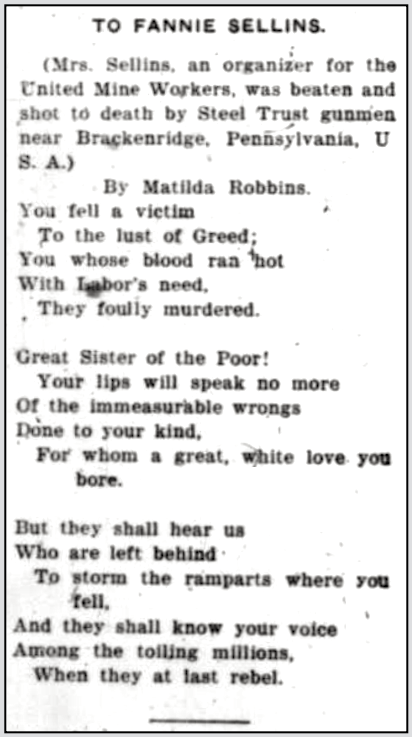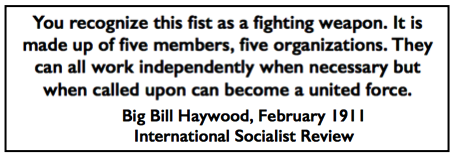 —————
—————
Hellraisers Journal – Saturday April 19, 1913
Akron, Ohio – Big Bill Haywood Visits City, Speaks to Strikers
From the International Socialist Review of April 1913:
800 Per Cent and the Akron Strike
By Leslie H. Marcy
[Part IV of IV]
On Friday, Feb. 28, Haywood stopped off a day at Akron and several thousand strikers met him at the train and paraded through the factory and business districts of Akron. Haywood spoke to two immense strike meetings. He said in part:
The greatest weapon you can use against the rubber robbers just now is to keep your hands in your pockets. When you have your hands in your pockets, the capitalist can’t get his there, and unless the capitalist has his hands in your pockets, he has got to go to work. So during the time of this strike, let there be no violence on your part, not the destruction of one cent’s worth of property, not one cross word. You have got this strike won if you will but stand together in One Big Union.
If the boss starves you back to work then you know how to win this strike on the inside of the factory. Don’t use the speeding up, but the slowing down process. This is an up-to-date organization, and we are fighting with modern weapons. The workers who understand the program and the policy of the I. W. W. will never again be defeated. We are organized now and fighting this battle for an eight-hour day.
As I said to you this morning, if you work only eight hours that is going to make room for more men and more women, and as the unemployed come into work, then the wages are going up. Your wages are going up anyway, because you are going to stand together until we force them up. Four dollars per week, or four and one-half is altogether too little for a girl to try and live on, and live decently, and. every girl, or a large per cent of them, would live decently if they got wages enough. But it is not a question of girlhood or womanhood with the rubber trusts. What they want is cheap labor. Cheap labor means to them more profits.
Just remember, men that we are the working class and it doesn’t make any difference what our nationality may be. My father was born in this state, I was born in this country and am an American.
There are no foreigners in the working class except the capitalist. He is the fellow we are after and we are going to get him. We are going to get Mr. Seiberling. If he is too old to work, we will get his son, and put him right in the rubber factory alongside the rest of ’em.
You simply get back enough to keep alive and in shape to work. If any of you fall by the wayside, and the undertaker visits your home, it doesn’t make any difference to Mr. Seiberling. Now workingmen, it is for you to organize. This strike is your strike. The success of this strike depends on you. There is no one else to fight.
If you had a picket line out every morning representing a crowd as big as this there would not be anybody going to work. You can influence enough to prevent them going to work. Get on the job in the morning in the picket line and visit these friends of yours at night in their homes.
Get this organization so that it will be 100 per cent strong. We will try, as we did at Lawrence, to raise money enough to carry you through.
[He further said:]
I have a warning to issue here. Those in authority must forget this proposition of wearing out their clubs on the strikers’ heads. They made the laws and there are proper processes for them to follow. Let them live up to it. If a striker violates law, let them arrest him and bring him before the court.
But I want to appeal to you strikers to conduct this strike along the peaceful lines you have been. You built this city and the rubber barons are realizing that you are necessary to its prosperity. They are realizing that until you are getting better pay and better hours, their profits won’t increase.

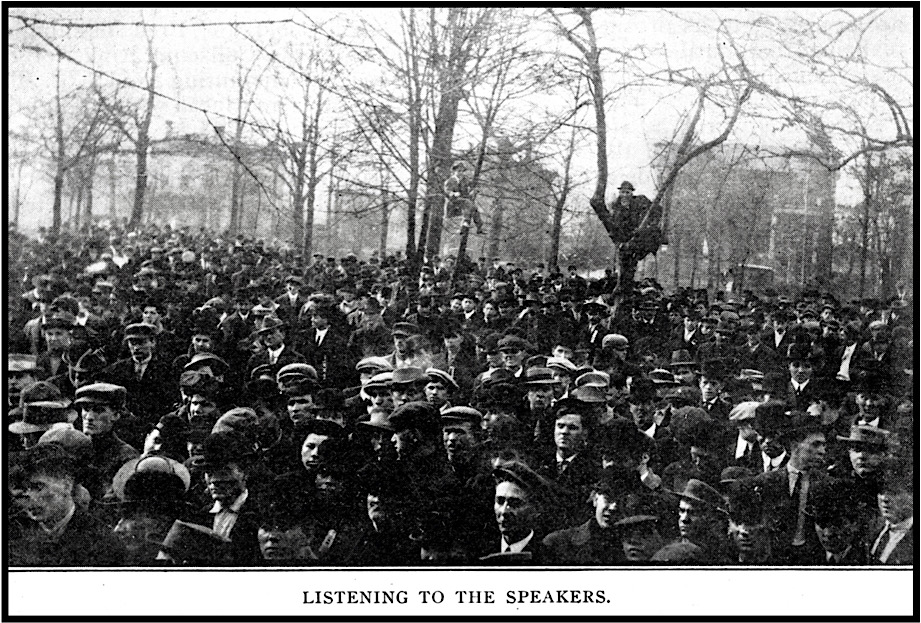
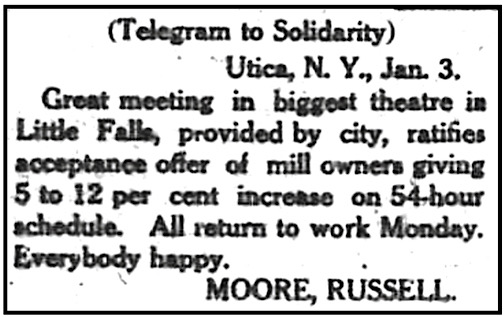
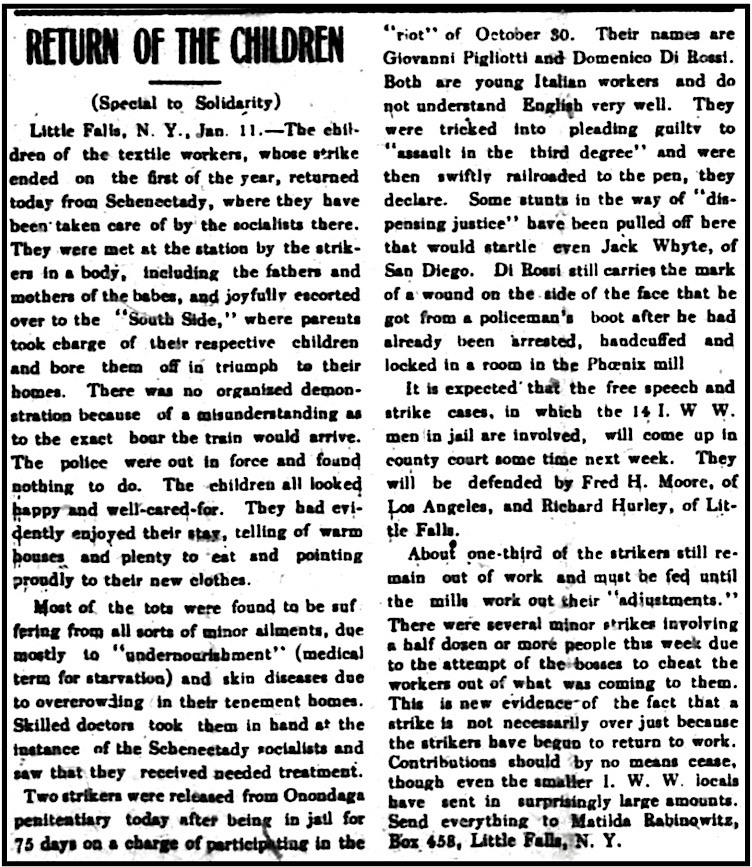
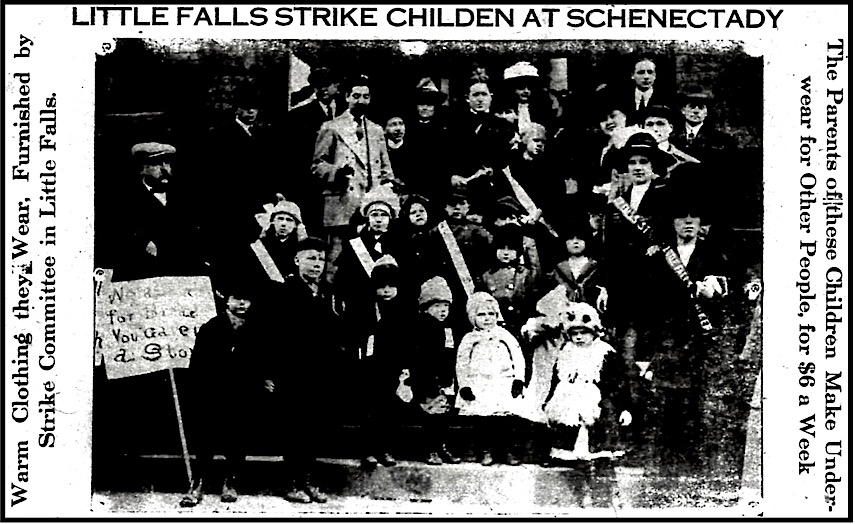
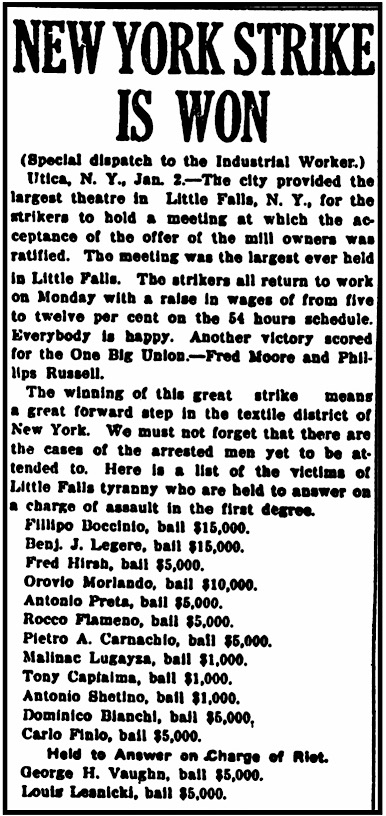
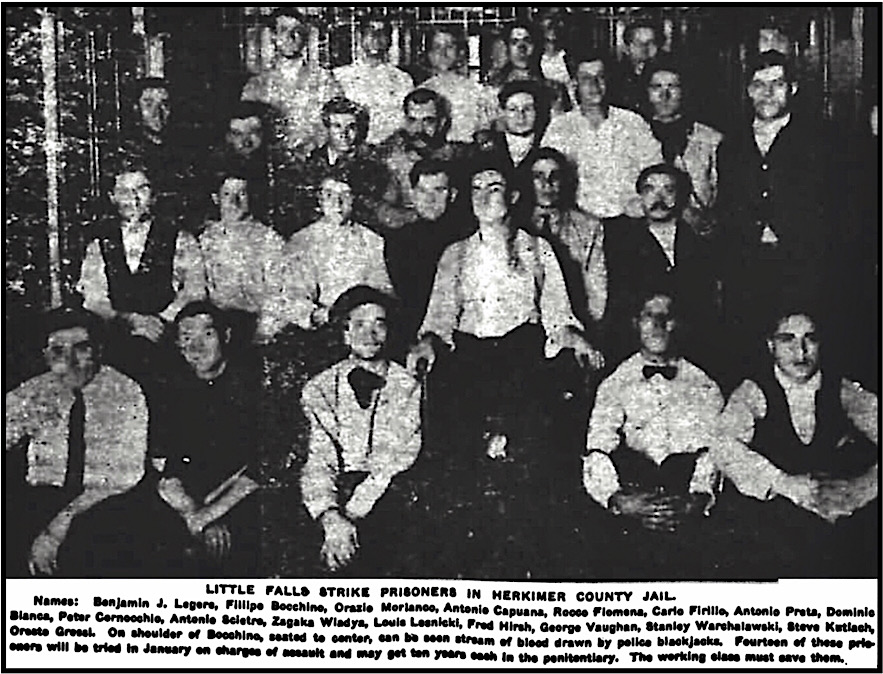
 —————
—————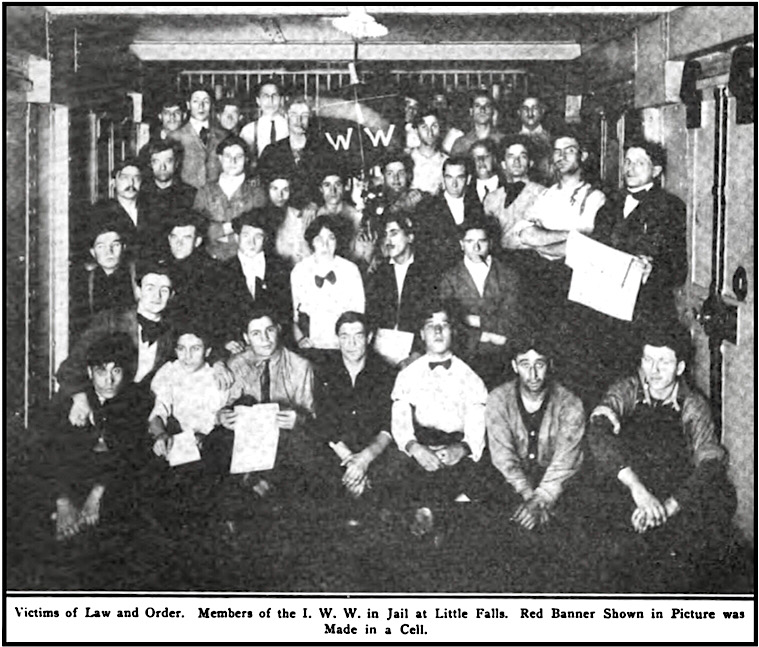
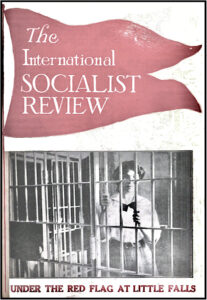
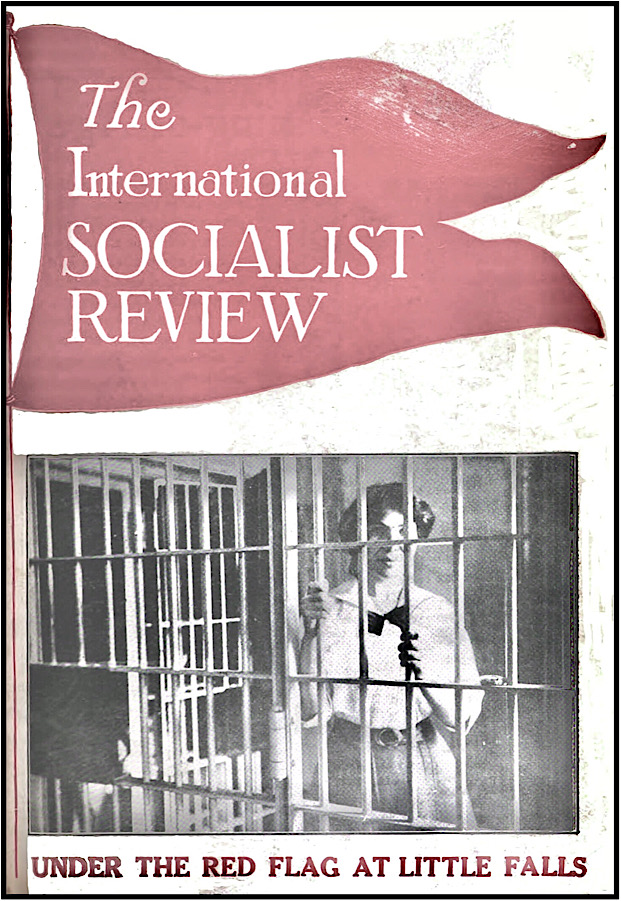
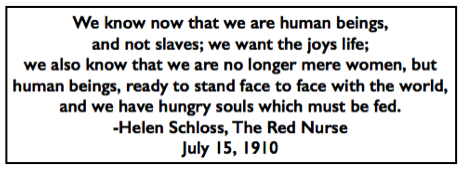 —————
—————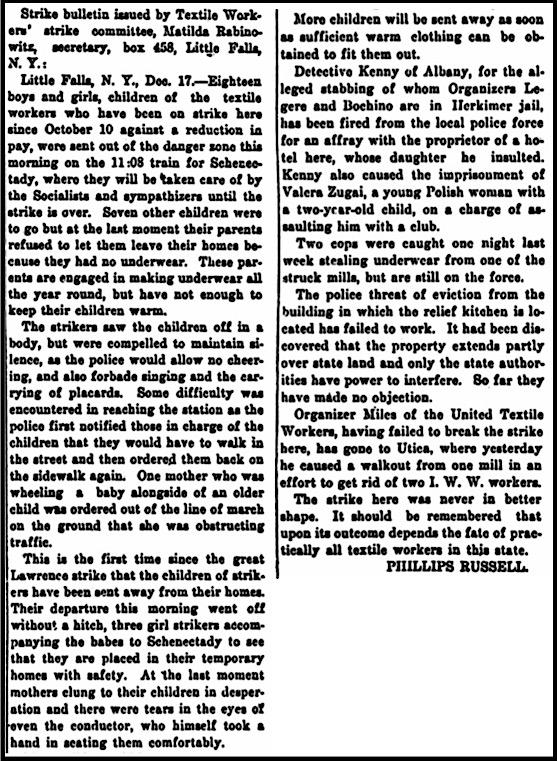
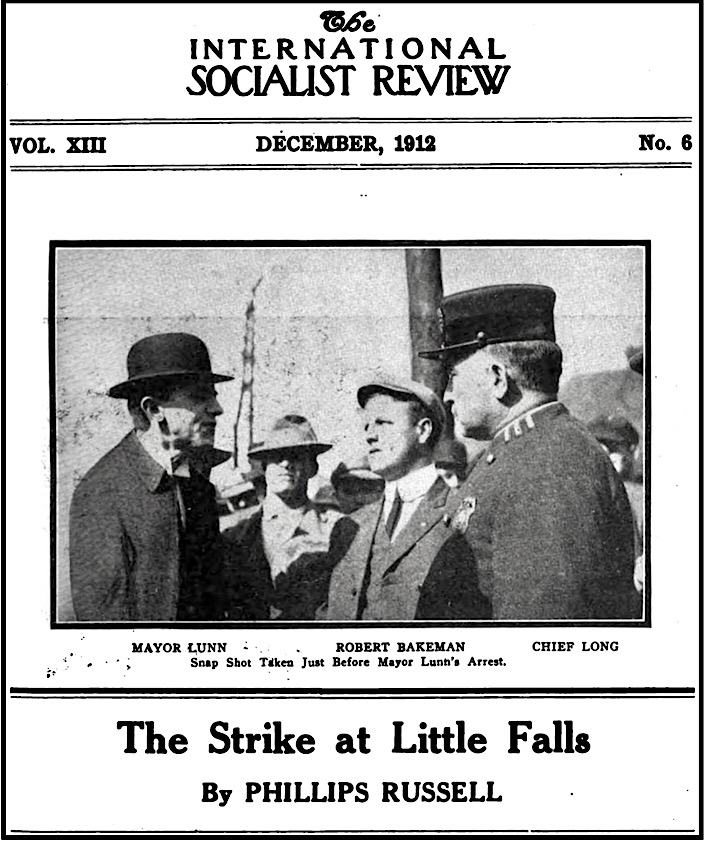
 —————
—————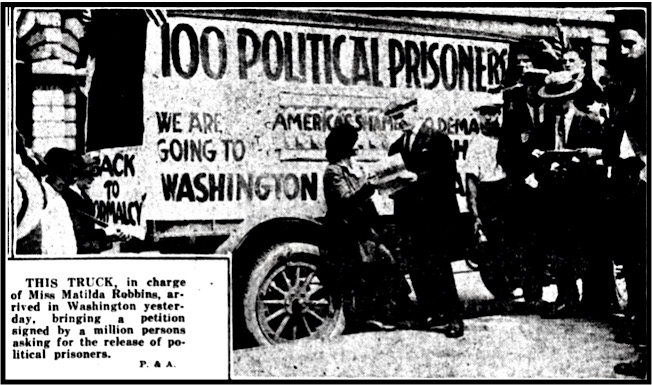
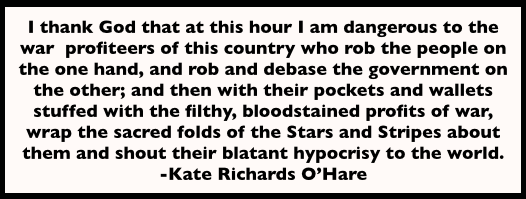 —————
—————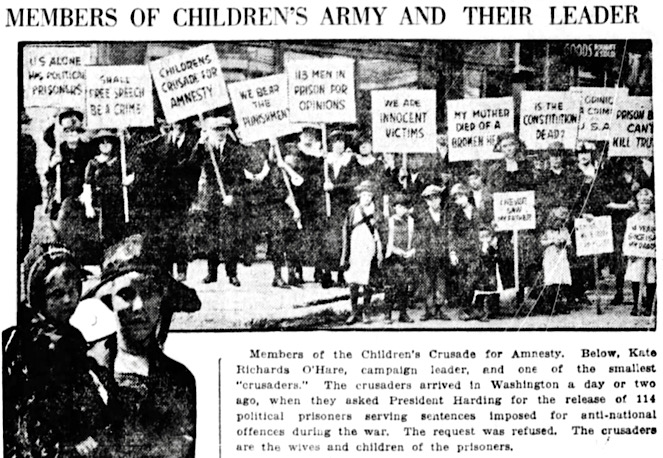
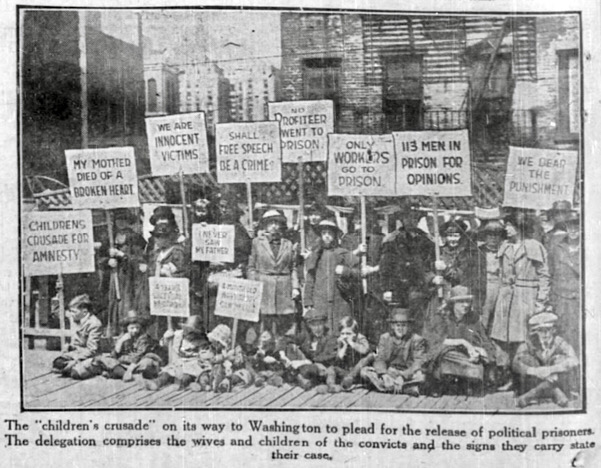
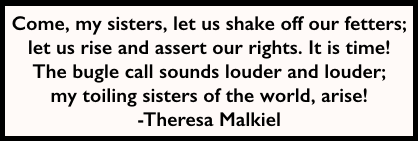 ———————-
———————-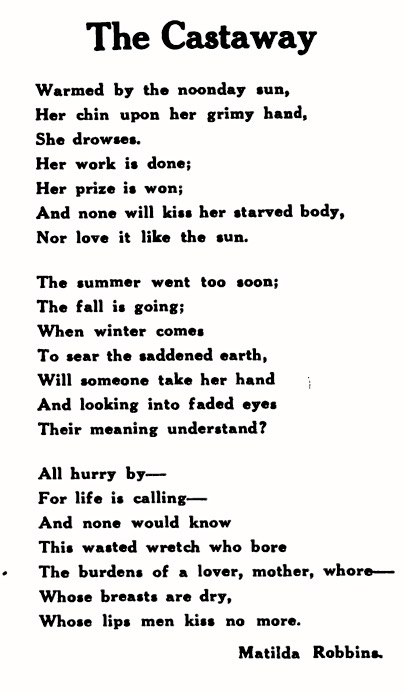
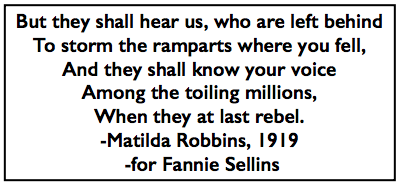 ———-
———-